DIY cleaning products are gaining in popularity as we all start to question the chemicals going in, on and around our bodies. There’s also a big movement away from plastics and packaging which are having a huge impact on the environment. Air and water are two of the planet’s best cleaning products. A third is even more effective – know-how – and lucky for you, we’ve got that available right here.
Adding ingredients like bicarb soda, borax, soap, salt or white vinegar to the basics of air and water creates a smorgasbord of offerings to clean a home in a planet-friendly, affordable manner. Adding a rag, a bucket and recyclable spray bottle to your home cleaning products list will give you an arsenal of cheap and effective cleaning tools, all for less than the price of a bulk pack of regular laundry powder. Plus the bonus feel-good-factor of knowing you’re lessening your footprint on the environment.
Now I may need to mention a little thing called elbow grease. As lovely as home-made cleaning concoctions are, I cannot lie. As the laziest housekeeper God ever put Mr Sheen into, these clean, green home-made cleaning remedies can require longer scrubbing action or soaking time than traditional cleaning products. And they may not bubble and froth or smell as fancy as those store-bought cleansers.
But don’t let that put you off. Many of these ingredients are much cheaper and safer than traditional cleaning products. And, as Ecospecifier founder David Baggs points out, there’s no point in creating a green home unless you KEEP it green by cleaning with non-toxic ingredients.
Wonderful Water
Water doesn’t sound terribly potent as a cleaning product, and indeed it can leave lime scale or spot marks, but its extremely powerful at removing dirt and grease. Adding a little heat to the water will give it even more grime-removing oomph. Adding a flake or two of soap (organic plant-based soaps are the most biodegradable option) will make it work even harder. Hot soapy water is one of the best cleansers around. It will clean benchtops, wash dishes and clean people.
Hot soapy water is a more powerful cleaner than warm or cold water, as the heat activates the alkaline soap into lifting dirt more effectively from the surface. Wiping the surface dry and clean is as important as the washing and wetting process. Wiping a bench with an old rag (recycled bath towels or old cloth nappies are perfect) will clean the surface more thoroughly than spraying it in a cleaning chemical that is simply left on the surface. Soap, especially plant-based soaps, can leave a film of dirt behind if you don’t polish the surface dry.
Water is made even more powerful when it’s turned into steam. If you’re lucky enough to own a steam cleaner, this will disinfect floors and bathrooms beautifully. And to make sure dish cloths stay hygienic without using chlorine bleach, simply wet them and put them in the microwave for two minutes where the steam will kill most bacteria.
We all know the wonders of fresh air, but most of us forget how important it is at keeping rooms, especially bathrooms, clean. Mould and bacteria thrive only in moist environments, so the best way to prevent them is to have plenty of air circulating. Airing the house regularly is important for deodorising and making sure the air inside the home – which the CSIRO has found can be more polluted than the air outside a home – is regularly exchanged and freshened. Even just a few minutes a day can noticeably improve your indoor air quality, no matter what season it is.
Air-drying brushes, cleaning rags and clothes is a great way to maintain your cleaning tools for maximum hygiene. You can comb brushes free of debris and then leave them to dry outside in the sunshine (where the UV rays add that little bit of extra germ-killing power) and simply throw cleaning rags in the washing machine and then hang them on the clothes line to dry.
The harder stuff
While chemical-free cleaners sound virtuous, its nearly impossible to maintain an entirely “chemical-free cleaning regime” unless you rely solely on air, water and microfibre cloths. Plant-based soap is, technically, an alkaline chemical, Sure its gentler than caustic or chlorine bleach, but nonetheless can harm you. And some of these other ingredients like vinegar, and especially borax and washing soda, can be dangerous if not handled correctly. But they are useful.
Most cleaning “helpers” like vinegar or borax are useful because of their excessive alkaline or acidic nature. It’s important to understand how the more harmful substances, which are cheaper than traditional store-bought cleaners and more likely to be biodegradable, can be integrated safely and easily into your cleaning routine. And if you give it a go and don’t like it, that’s fine too, there are still plenty of green alternatives on the supermarket shelf.
The ingredients to add to your cleaning cupboard
Bicarb Soda, or sodium bicarbonate, is fairly safe to use but is a NIGHTMARE to clean if you sprinkle too much. A little dollop will do. This white powder is mildly abrasive and has a high pH, it can neutralize odours by changing the pH rather than masking the smell like essential oils do. Mixed with a little detergent, it creates a creamy cleanser (like Jif or Gumption) but remember to use only a little if you dont want white powdery smear all over everything.
Borax or sodium borate is an alkali that is toxic if swallowed. It is a great cockroach deterrent and has strong cleaning powers, especially in hot water. You only need a small amount, around 1 tablespoon to four litres of water, and is great to wash woolen clothes and blankets as it preserves the softness of the wool. Mix five tablespoons with four litres of hot water and you have a cleaning solution to scrub grotty old concrete paths. (Just be careful the borax solution doesn’t wash onto nearby plants and kill them!)
Washing soda or sodium carbonate decahydrate is a mineral that is also caustic. It cuts grease, removes stains and can be used to clean walls, sinks, tubs, and tile. You can add two tablespoons to four litres of hot water to make your own surface spray and is especially good on ovens, outdoor furniture and barbecues. Rinse off and dry thoroughly, though! And dont use it on tiles or aluminium.
White vinegar is the same stuff you put on your hot chips but is good for removing mildew, cutting grease, dissipating odors, and removing stains and wax build-up. Generations of housekeepers swear it shines floors better than detergents (which leave a film behind) as it evaporates quickly. It can be used as the rinse-aid in the dishwasher and a dose in the washing machine every now and then will help remove detergent build-up and whiten clothes. Its powerful when combined with Bi-Carb Soda as the froth and bubble of the alkali and acid combined will lift and remove heavy grease and dirt.
Salt Simple cooking salt is a mild abrasive that can be used to scrub pots and pans or coffee-stained mugs. A paste of salt and vinegar cleans tarnished brass or copper while pouring hot, salty brine down the kitchen sink prevents grease from collecting in the drain pipe. Salt is also said to repel ants, so cleaning surfaces with saltwater might help.
Make your own concoctions
White Vinegar, from around $2 at supermarkets. Put four parts water and one part vinegar in a spray bottle to clean rubbish bins, the acid will neutralize the smell and disinfect the surface.
Bi-Carb Soda, from $2 at all supermarkets. Perfect to clean stainless steel sinks. Wash down with vinegar to clean to help clear the drains and finish with a blast of hot water.
Washing Soda, from $3 at selected supermarkets and hardware stores, usually in the laundry section. Its meant to be a great silverware polish, too.
Borax, from $3.50 at selected supermarkets and hardware stores, usually in the laundry section. Mixing equal parts borax and washing soda could be used as an automatic dishwashing detergent, but make sure the harsh ingredients are rinsed well from your plates before you eat off them!
Salt, from $1 at all supermarkets. Soaking yellowed white linen in a mix of salt and bi-carb soda could help brighten them.

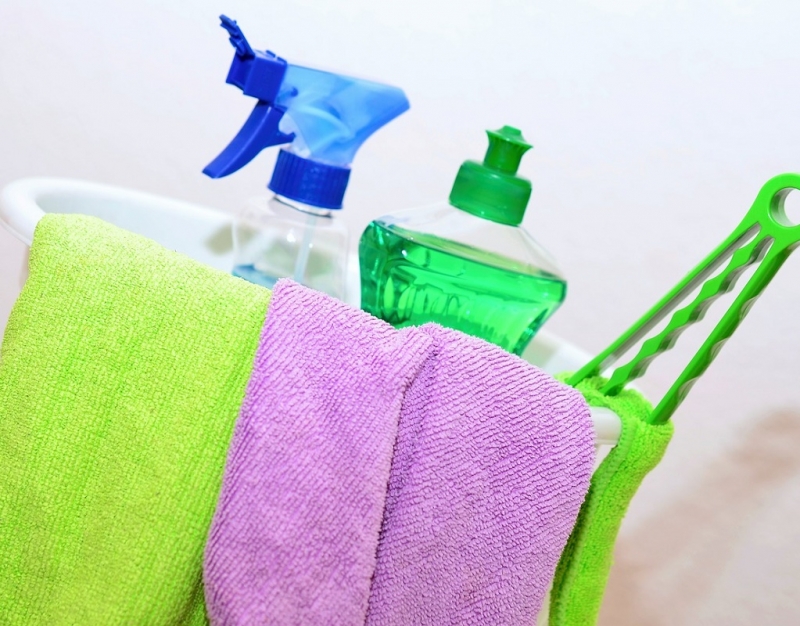
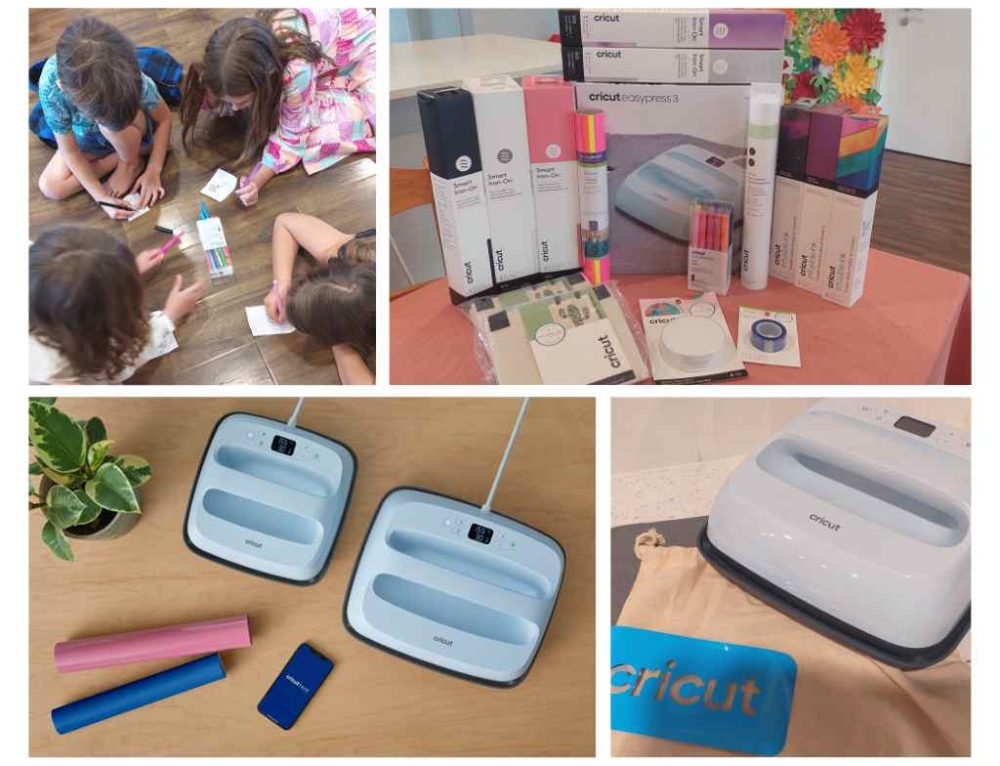
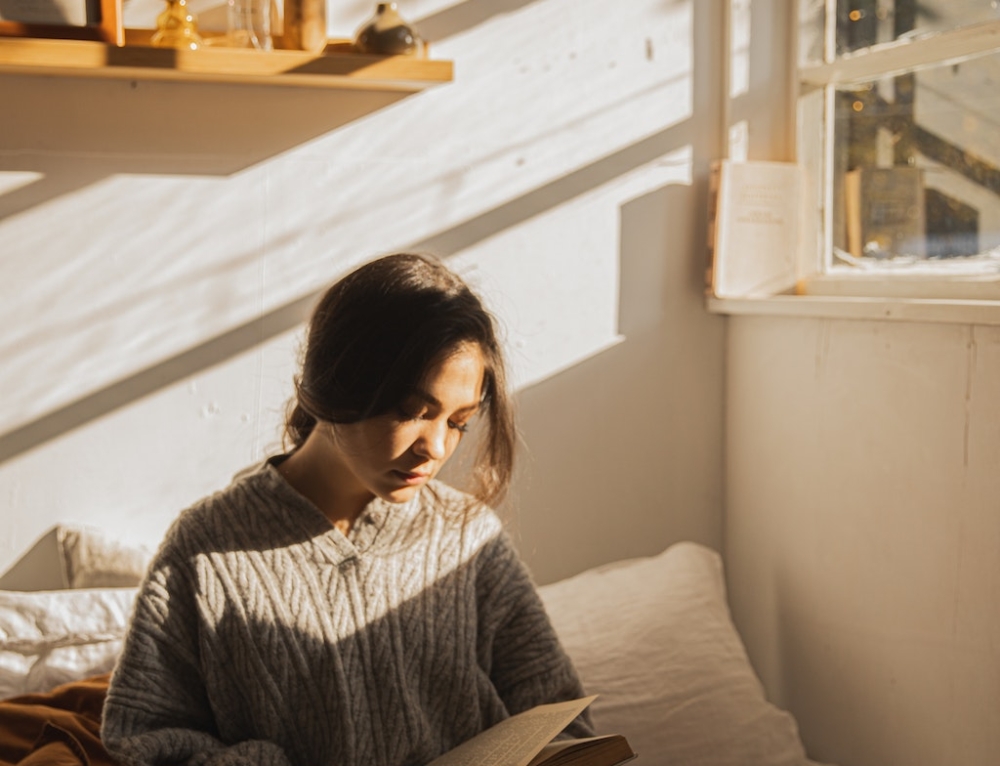
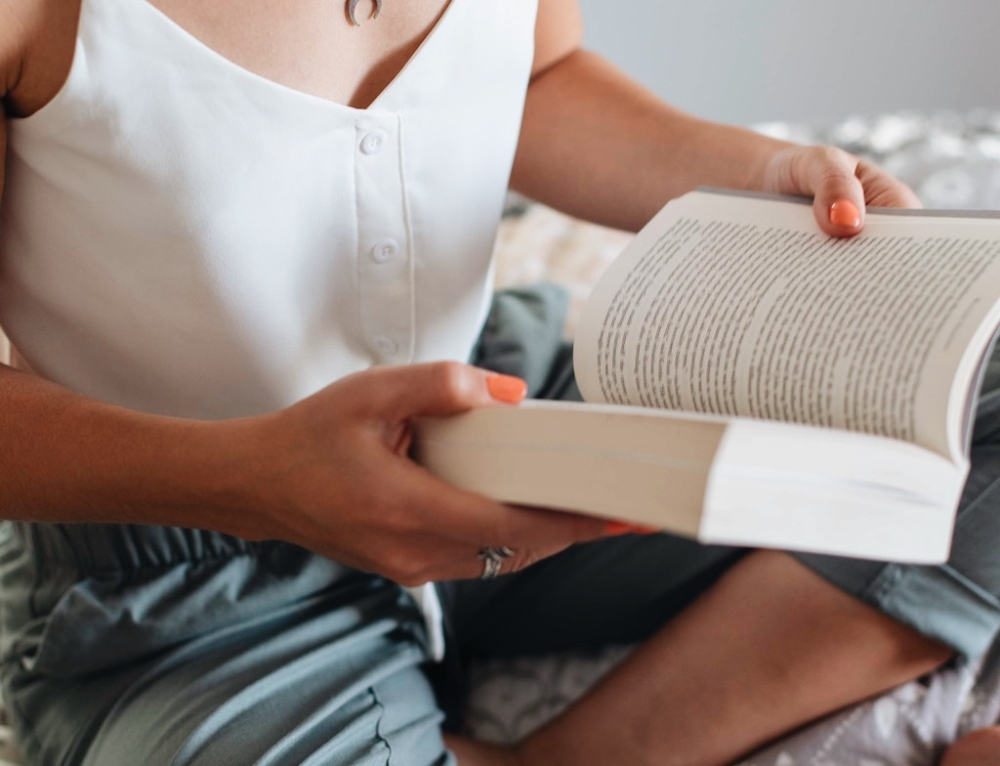
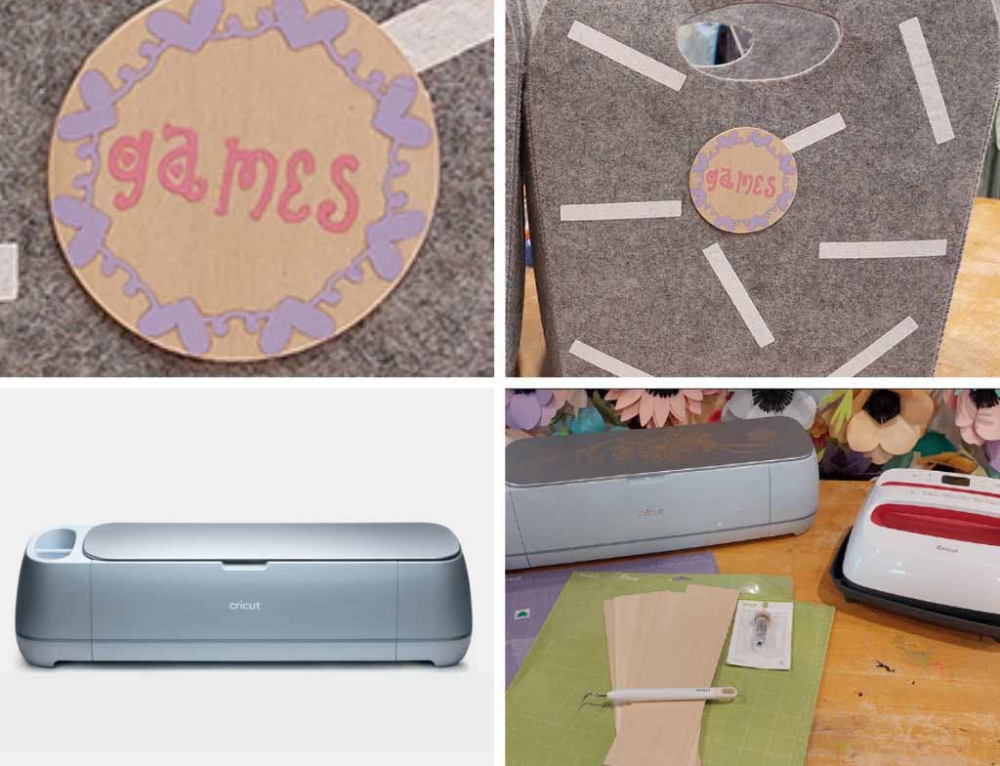
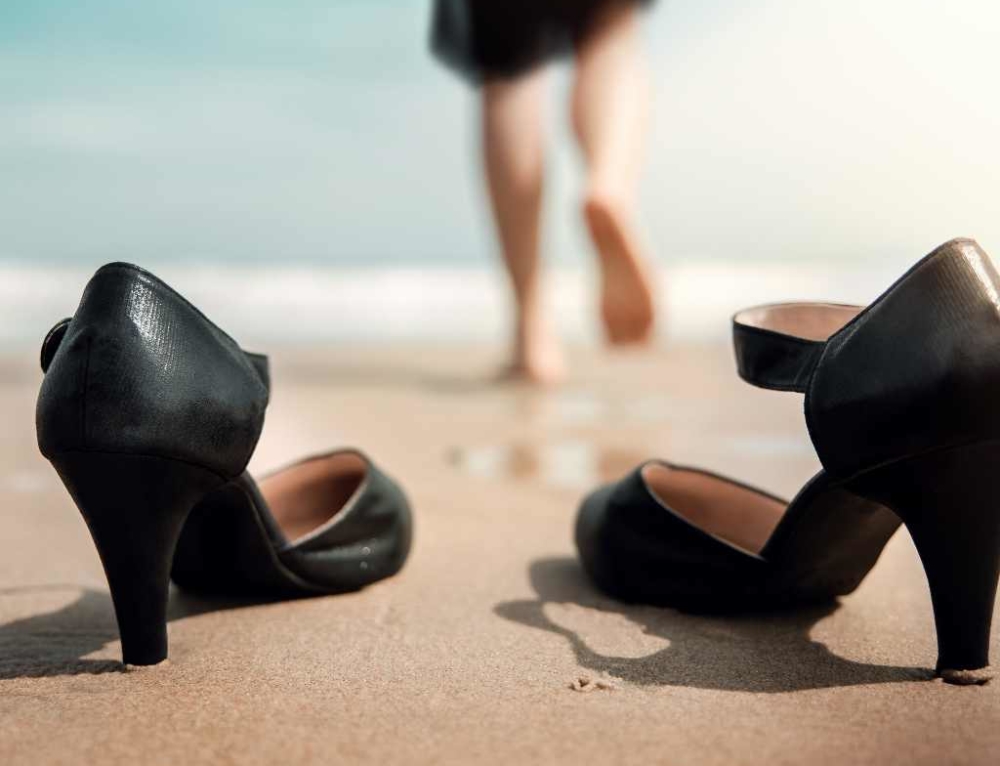
Leave A Comment
You must be logged in to post a comment.